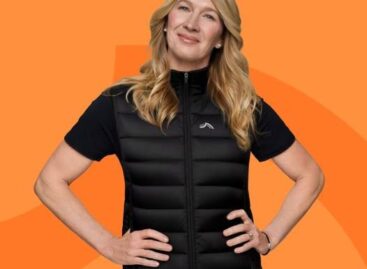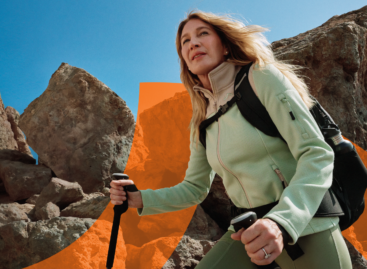Lidl crosses the finish line first!
 There is always a reason why it is worth waiting for Trade magazin’s FMCG retailer ranking every year. Already last year many asked the question: Will Lidl overtake Tesco in 2020? Yes, Lidl did occupy the No.1 spot! (You can read a detailed market analysis, how retailers performed last year and what their plans are for this year in the Topic of the Month section of our magazine.)
There is always a reason why it is worth waiting for Trade magazin’s FMCG retailer ranking every year. Already last year many asked the question: Will Lidl overtake Tesco in 2020? Yes, Lidl did occupy the No.1 spot! (You can read a detailed market analysis, how retailers performed last year and what their plans are for this year in the Topic of the Month section of our magazine.)
Lidl beat everyone in 2020 and irrespective of the fact whether one likes the discounter channel or not, the business results and the successful strategy need to be appreciated. One year earlier it was already visible how dynamically Lidl was going forward, but back than 12 months weren’t enough. This time Lidl has taken the 1st place in the ranking with a significant advantage.
It is important to underline the fact that the No.2 spot also went to a different retailer than last time, as for the first time SPAR won the silver medal. In SPAR’s case we can also talk about a good business strategy, as the company has been successfully working on bringing out the most in the market for years, by following a well-made plan. Then retailer keeps investing a lot of money in expansion, development, serving customers and improving the shopping experience, and this hard work finally bore fruit. Unfortunately the difficulties of former years continued for Tesco and the COVID-19 pandemic only made matters worse for hypermarkets, so practically there was no change in Tesco’s sales turnover and in the light of the channel’s 2-3 percent contraction, it would also be a good result if sales declined by 1-2 percent, but our estimation was a little bit more positive than this.
As for the ‘trios’ of discounters, Hungarian-owned retail chains and drugstores, the market shares and rankings didn’t change within the channels, so the ranking is only different in the trio of hypermarkets.
Small corner shops that could change their product selections quickly as a reaction to the new conditions saw their opportunities grow last year, because during the COVID-19 pandemic shoppers didn’t want to visit large stores and they didn’t wish to spend a lot of time with shopping. Due to the fewer store visits, shoppers opted for a larger size in several product categories and they also purchased bigger quantities.
It is noteworthy that retailers which followed a successful strategy in the last few years managed to perform well in the pandemic year too. However, the sales boom of March and April slowed down later in the year, and with the impact of the inflation the positive results became more modest. By the middle of the year the high hopes about HoReCa sales migrating to retail trade went up in smoke. Changing conditions transformed shopping habits too and the big question now is how these new habits will stabilise after the slow reopening, when the processes of the new normal are developing.
Trade magazin will analyse all of these things one year from now, showing how retail chains – which already realised sales above HUF 100 billion – performed in this transformed environment.
Until then let’s prepare for discussing all of the above during the five days of the Business Days conference, which will take place in Tapolca between 20 and 24 September. The regularly updated draft programme is already available at the businessdays.hu website.
Best regards, Zsuzsanna Hermann, Editor in Chief
Related news
Lidl launches campaign with tennis star Steffi Graf
🎧 Hallgasd a cikket: Lejátszás Szünet Folytatás Leállítás Nyelv: Auto…
Read more >Tuned to efficiency
🎧 Hallgasd a cikket: Lejátszás Szünet Folytatás Leállítás Nyelv: Auto…
Read more >Lidl Magyarország wins Top Employer award once again
🎧 Hallgasd a cikket: Lejátszás Szünet Folytatás Leállítás Nyelv: Auto…
Read more >Related news
(HU) A nap mondása
🎧 Hallgasd a cikket: Lejátszás Szünet Folytatás Leállítás Nyelv: Auto…
Read more >Together for sport and movement: CRIVIT and Stefanie Graf launch international collaboration under the motto “FIND YOUR MOVE”
🎧 Hallgasd a cikket: Lejátszás Szünet Folytatás Leállítás Nyelv: Auto…
Read more >(HU) Amikor a megszámlálhatatlan megszámlálhatóvá válik
🎧 Hallgasd a cikket: Lejátszás Szünet Folytatás Leállítás Nyelv: Auto…
Read more >








